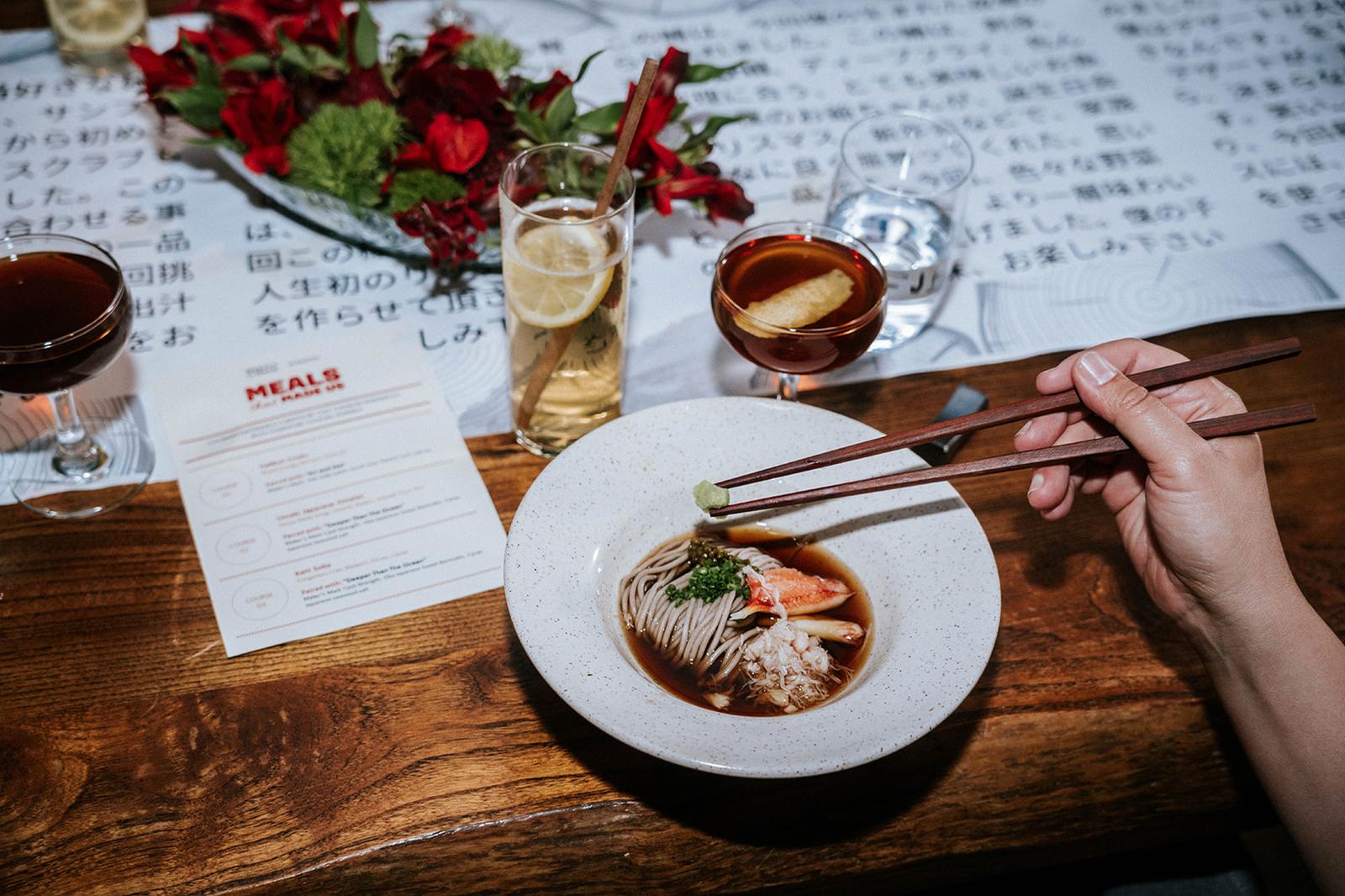When it comes to cocktails, some unsophisticated drinkers believe that the boozier the beverage, the better. However, the world of mixology is constantly evolving, and more and more skilled mixologists are choosing to showcase their creativity by crafting unique, low-proof cocktails.
What is the difference between high-proof and low-proof alcohol?
The alcohol content is higher in higher-proof drinks compared to lower-proof drinks.
A mixed drink with a proof of 85 means it contains 85% alcohol. So, a higher proof indicates a greater proportion of alcohol in the drink.
Proof is traditionally used to measure the alcohol level of distilled spirits like:
- brandy
- gin
- rum
- tequila
- vodka
- whiskey
Beer, cider, and wine typically have far less alcohol content than spirits or liquors.
That doesn't mean watered-down drinks or cocktails with more juice than gin. Rather, cocktails that use lower-proof alcohols -- whether vermouth, sherry, Amari such as Aperol or Campari, or any other fortified wines and liqueurs on the market.
What's the rationale behind low-proof cocktails?
There's the matter of health, of course; we can debate the merits of moderate drinking, but no one in their right mind will argue that drinking whiskey all night is good for you. Drinking less is an admirable goal.
Bartenders appreciate low-proof cocktails for several reasons. Lighter cocktails are more "sessionable"- a beer term that means you can drink for longer periods of time since the drinks are less boozy. They allow patrons to enjoy more drinks without becoming overly intoxicated, promoting a safer and more responsible drinking culture.
Three Sazeracs at a cocktail bar would have just about anyone calling it a night. Three low-proof sherry-based aperitifs, though? There's plenty more fun to be had.
Mixologists don't necessarily have more fun making higher-proof spirits. Sherry, in particular, is one of the most complex cocktail ingredients. There are more vermouths on the market than ever—plenty now are American-made, as well as ever-more imports from France, Italy, and Spain—and no two vermouths are exactly alike. Other lower-proof bottles—from rich, wine-like Byrhh to mellow, friendly Cappelletti—contribute layered, fascinating flavors of their own.
Low-proof doesn't mean low flavor. Low-proof cocktails offer a wider range of flavor profiles, often incorporating unique ingredients like fortified wines, herbal liqueurs, and house-made syrups. These beverages can be just as complex and satisfying as their higher-proof counterparts, showcasing the bartender's creativity and skill.
Some bars are now dedicating portions of their menu to lower-proof drinks -- or serving low-proof drinks entirely.
Low-proof cocktails cater to customers who prefer lighter, more refreshing options, expanding the bar's appeal and accommodating diverse tastes. Many restaurant patrons want to enjoy a drink with their meal without the dread of the next-day hangover.
From a management perspective, it makes great financial sense; even if a vermouth - or amaro-based drink is priced a bit lower on the cocktail list, it's more than made up when a patron orders a second or a third.
Overall, bartenders and venues value low-proof cocktails for their versatility, flavor, and contribution to a balanced drinking experience.
Low-Proof to No-Proof
No-proof drinks, otherwise called mocktail drinks, are on the rise for very similar reasons. Mocktails can cater to a much wider audience, accommodating patrons who live an alcohol-free lifestyle, are pregnant, or simply want to enjoy a well-crafted drink without the hangover.
Mocktails are often hand-crafted drinks using the same array of ingredients typically found in a cocktail, but using non-alcoholic spirits or without spirits at all.
Guests love the elevated drink experience, and bar managers love that these drinks are often priced higher than the average soda or lemonade drink.
Low-Proof Cocktail Examples
Lamia's Fish Market is a fresh new 200-seat seafood restaurant located in the heart of the Lower East Side at 47 Avenue B. Lamia’s takes the sexiness and femininity of seafood and gives it that Lower East Side edge. Serving up several craft cocktails using sake, which is naturally low-proof, over higher-proof liqueurs drink names like Beachfront Views, Basic AF, and One Too Many margaritas.
The Brix Project - is located in Titusville, Florida.
Plan your next party or event at an EventUp venue & enjoy low-proof cocktails.
Looking for the perfect venue for a party or celebration? EventUp is the top online marketplace for thousands of party venues across the U.S. From unique bars and restaurants to formal banquet halls and beautiful outdoor spaces; we can help you find the ideal space for any party, making it easy to browse, connect, and book the perfect spot for you.




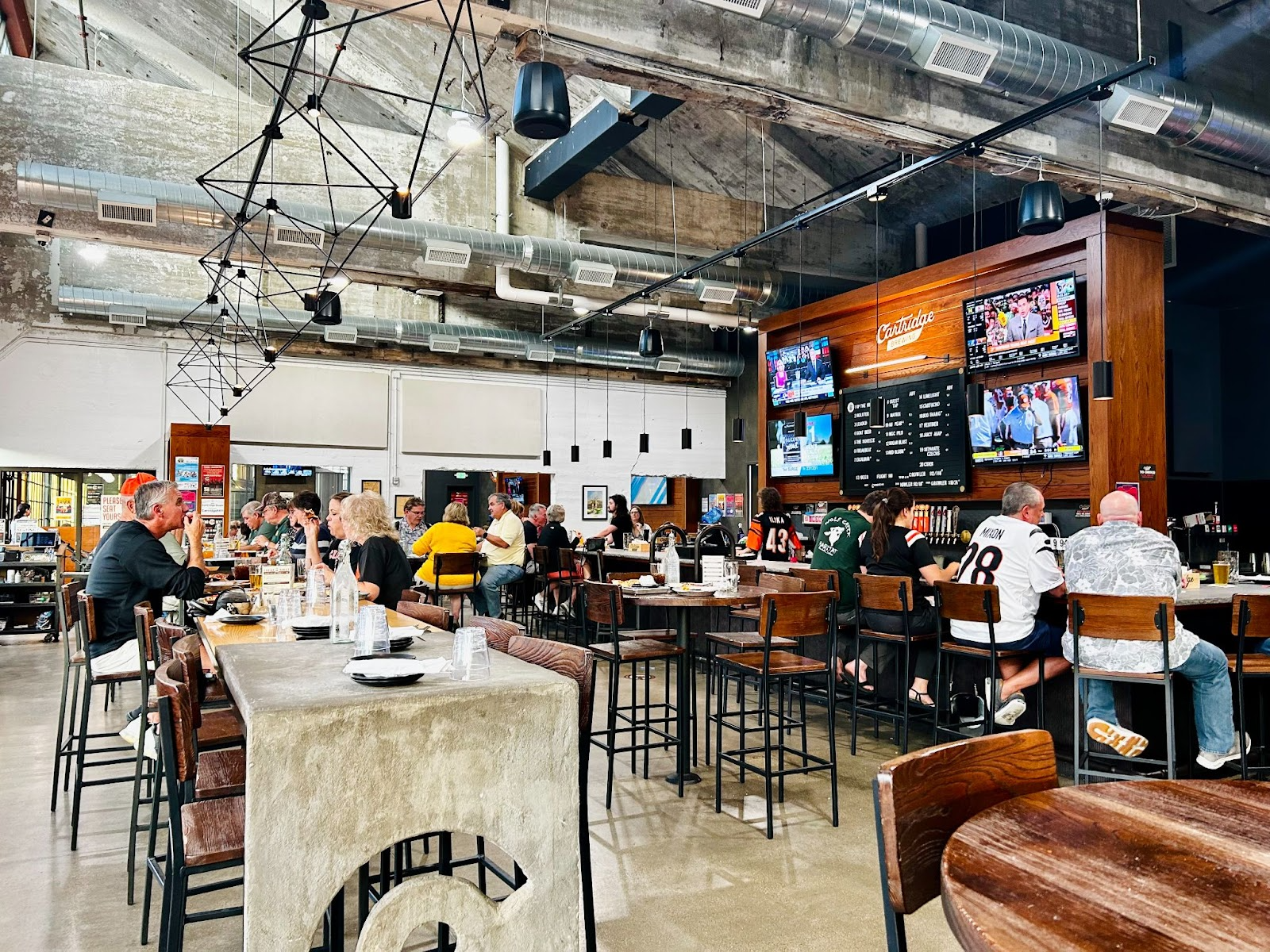
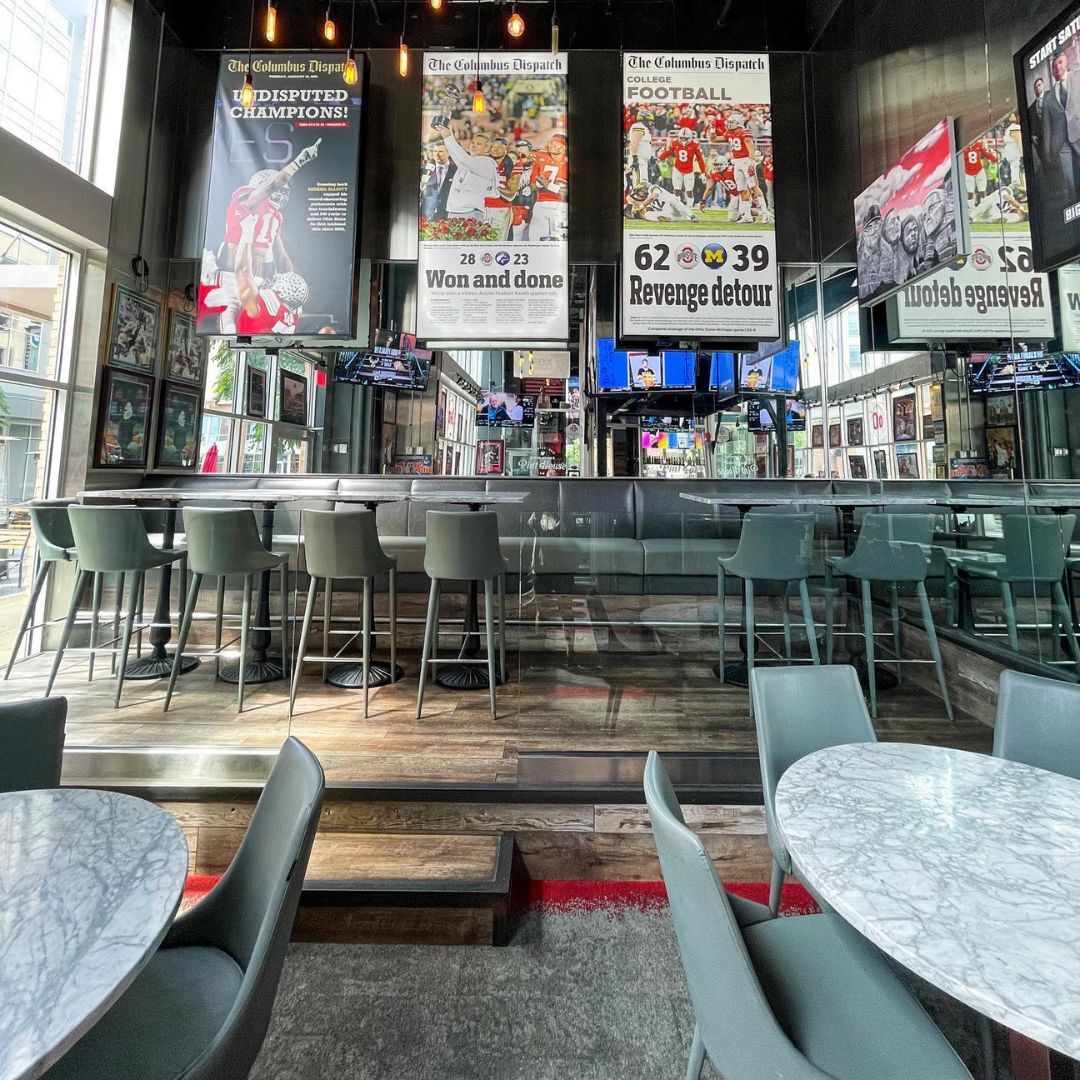
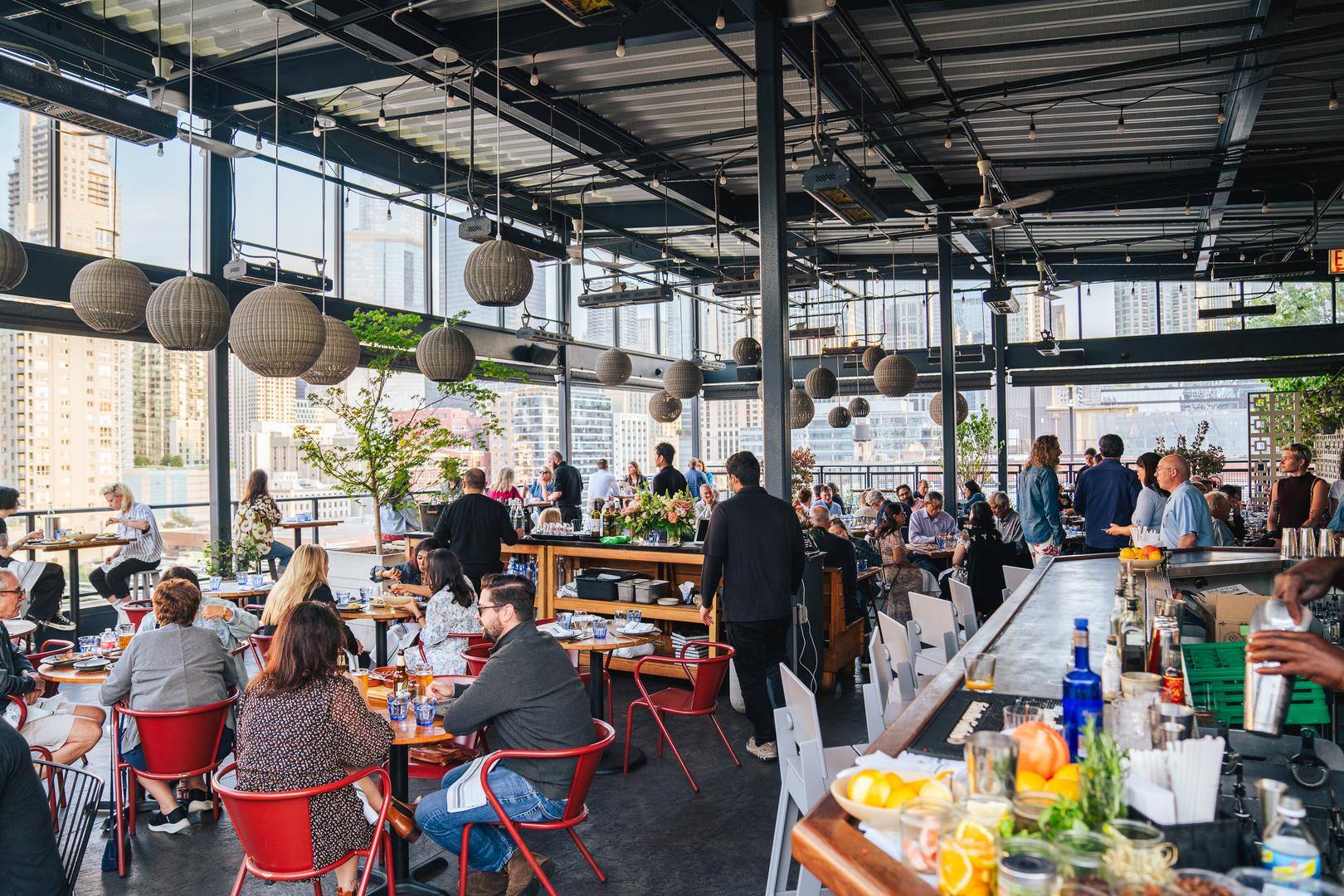

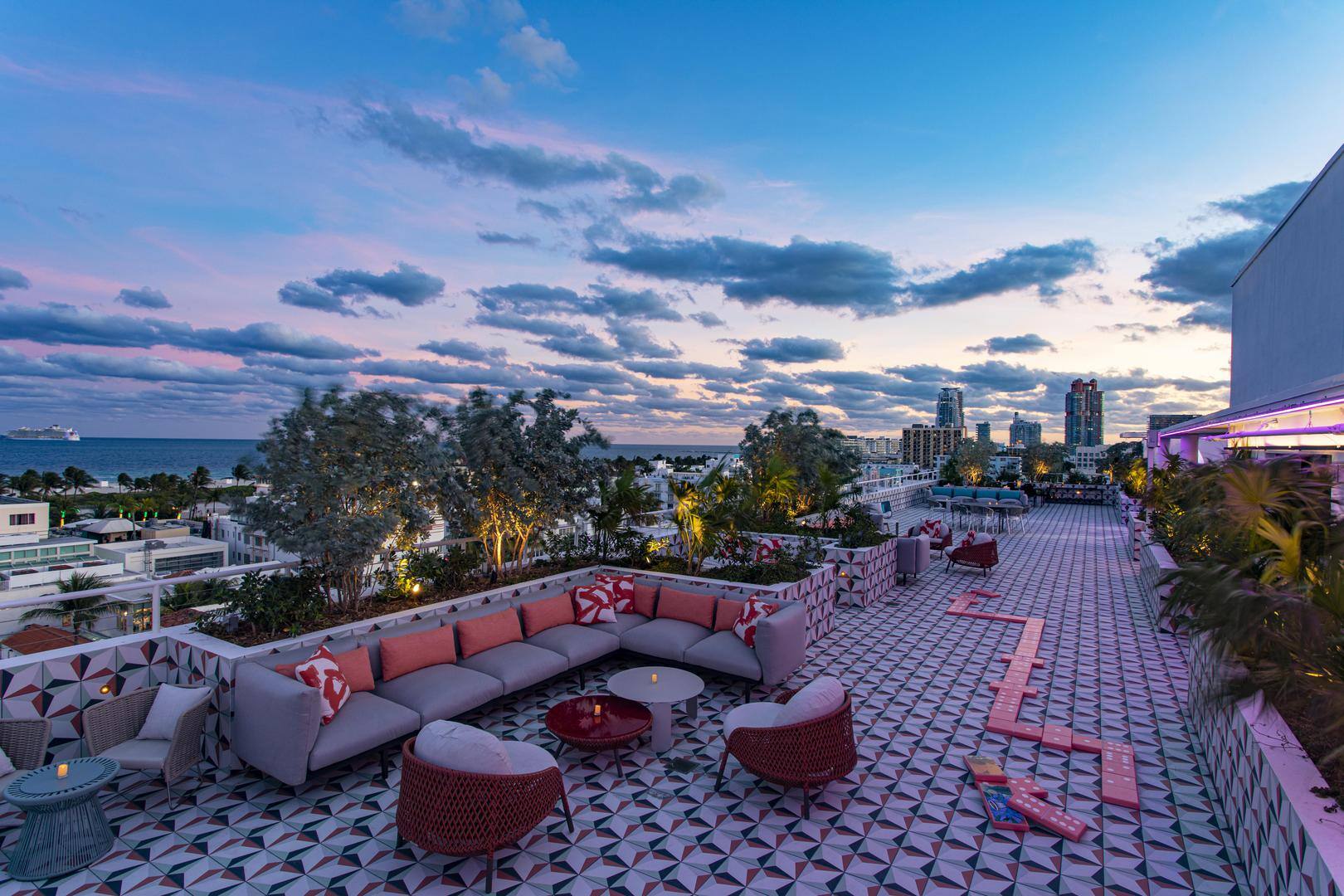
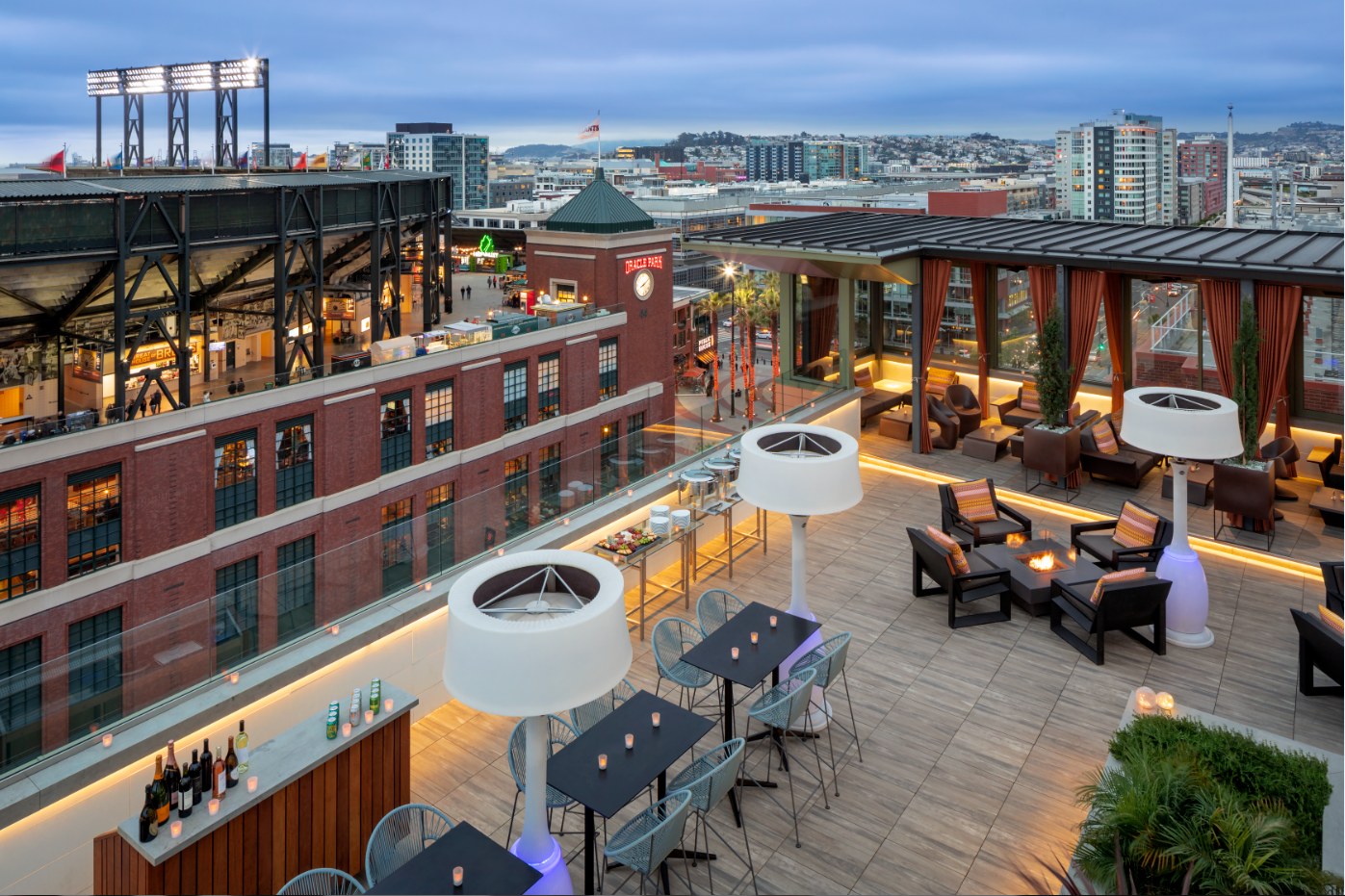
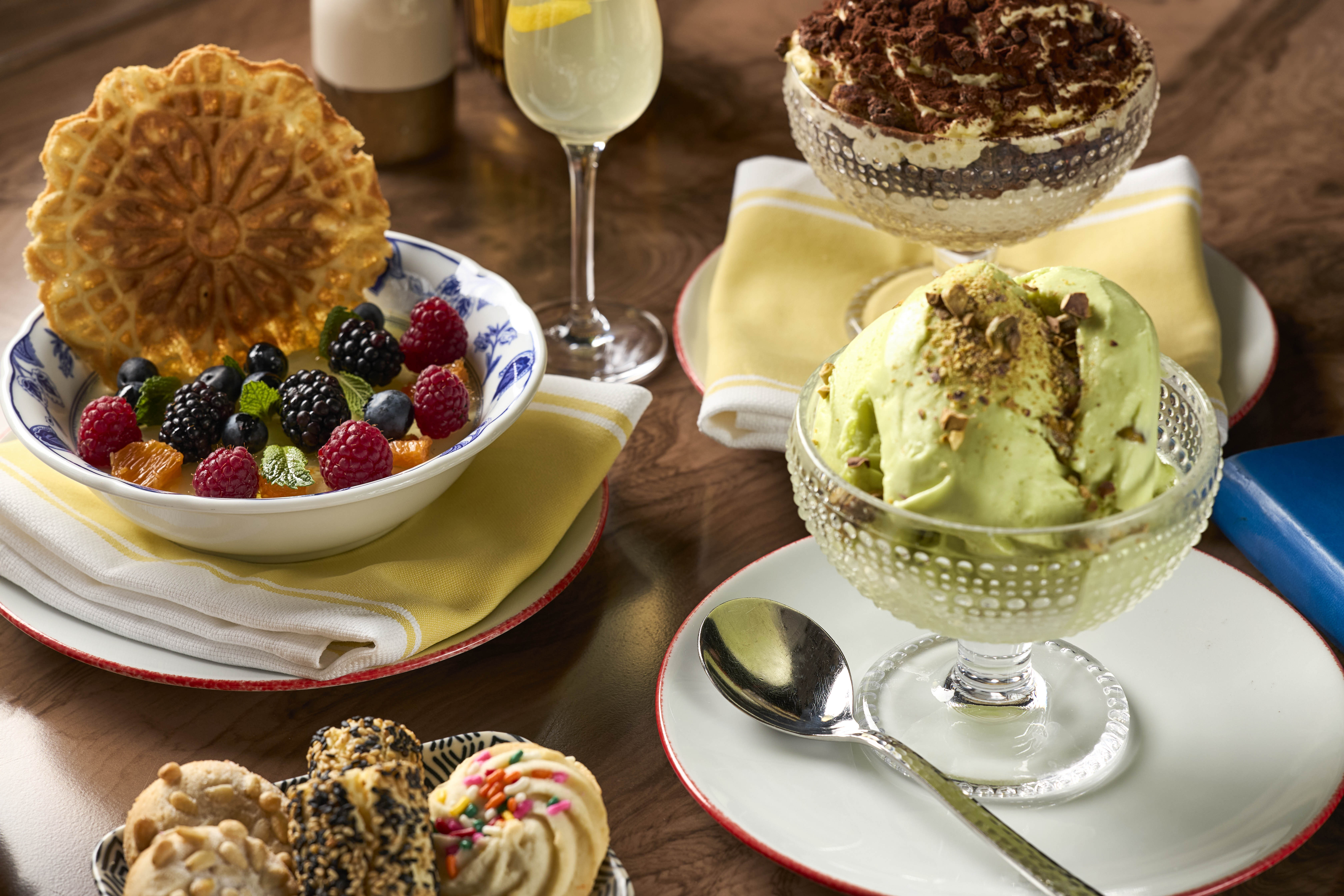
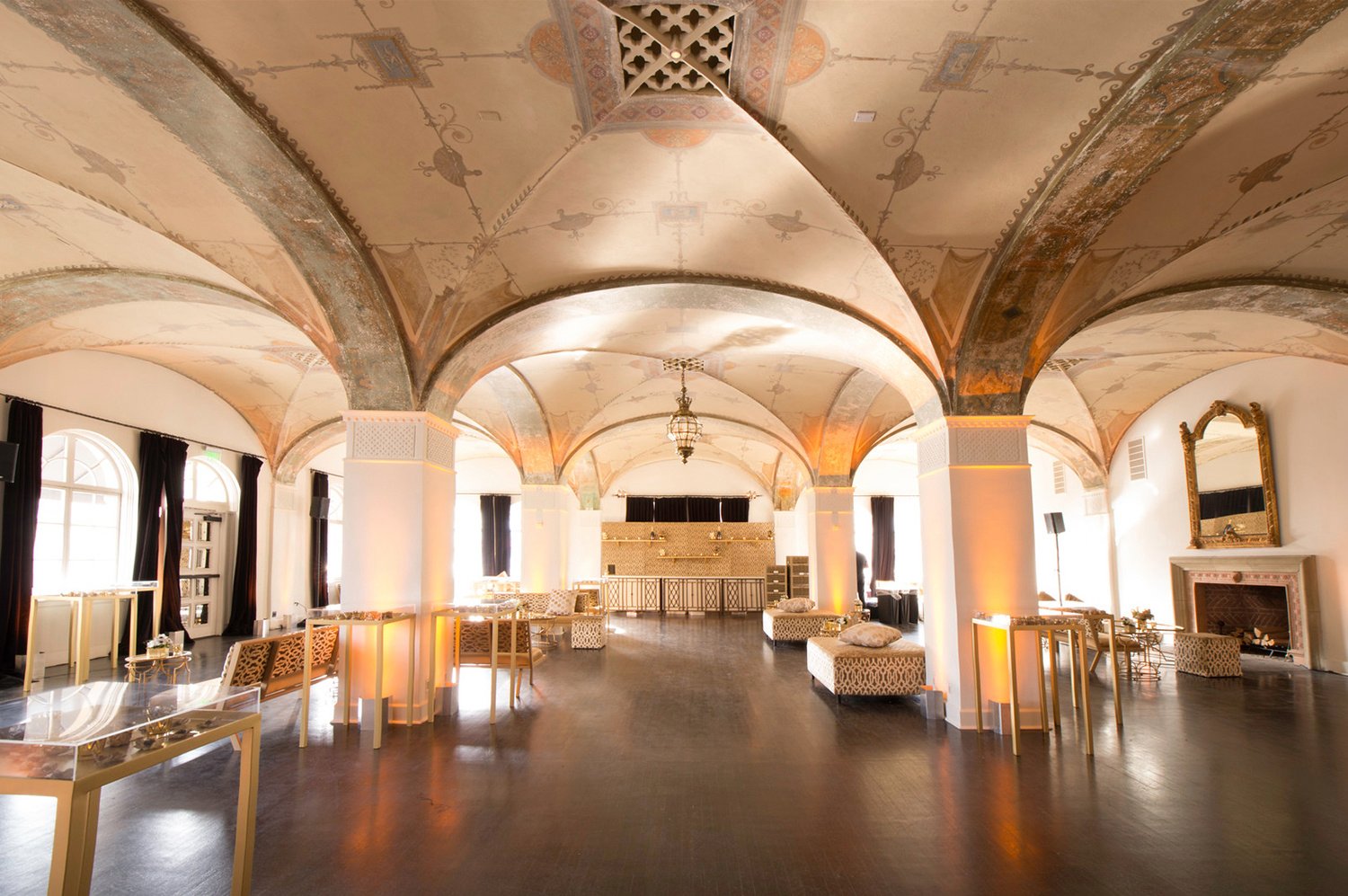
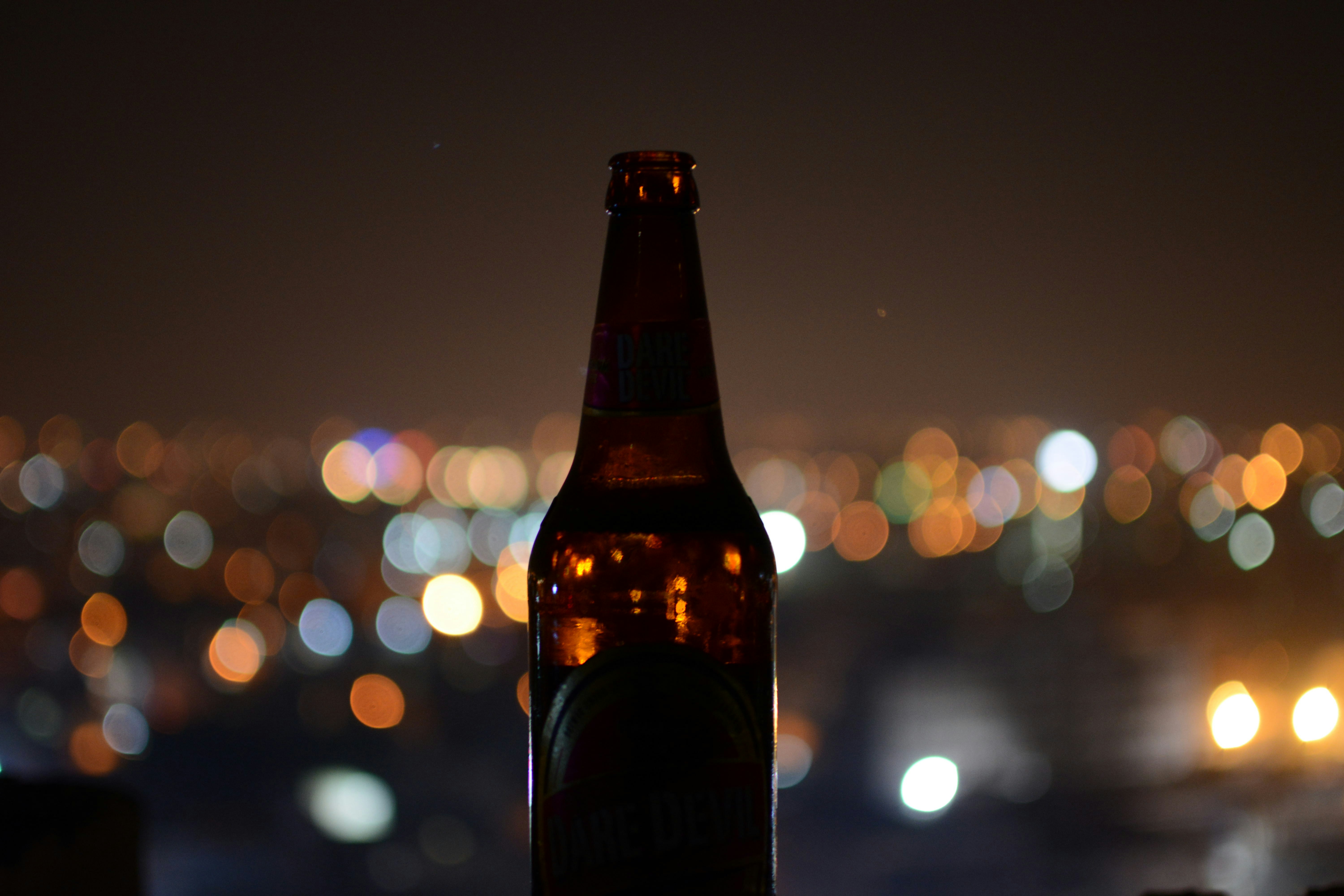
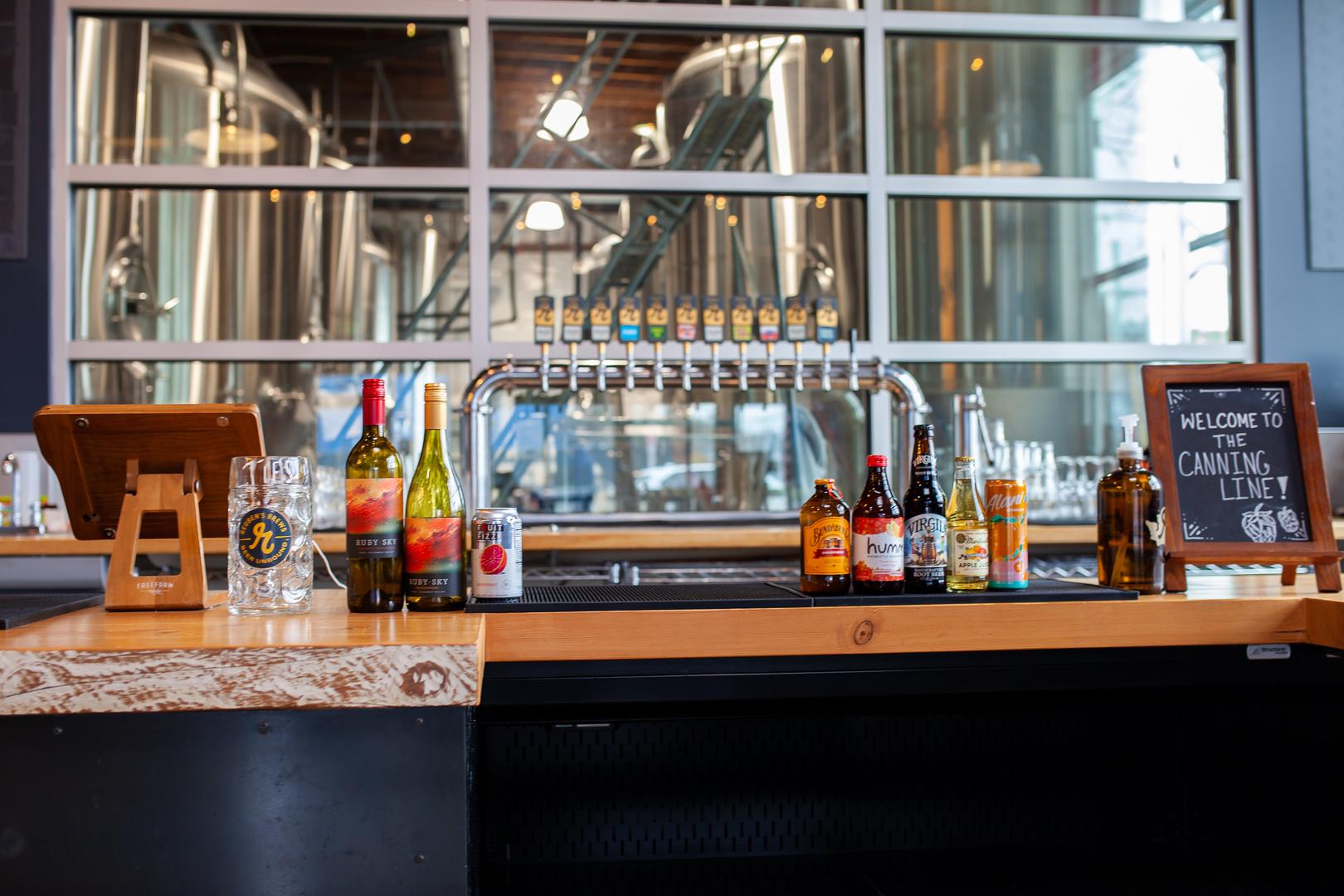
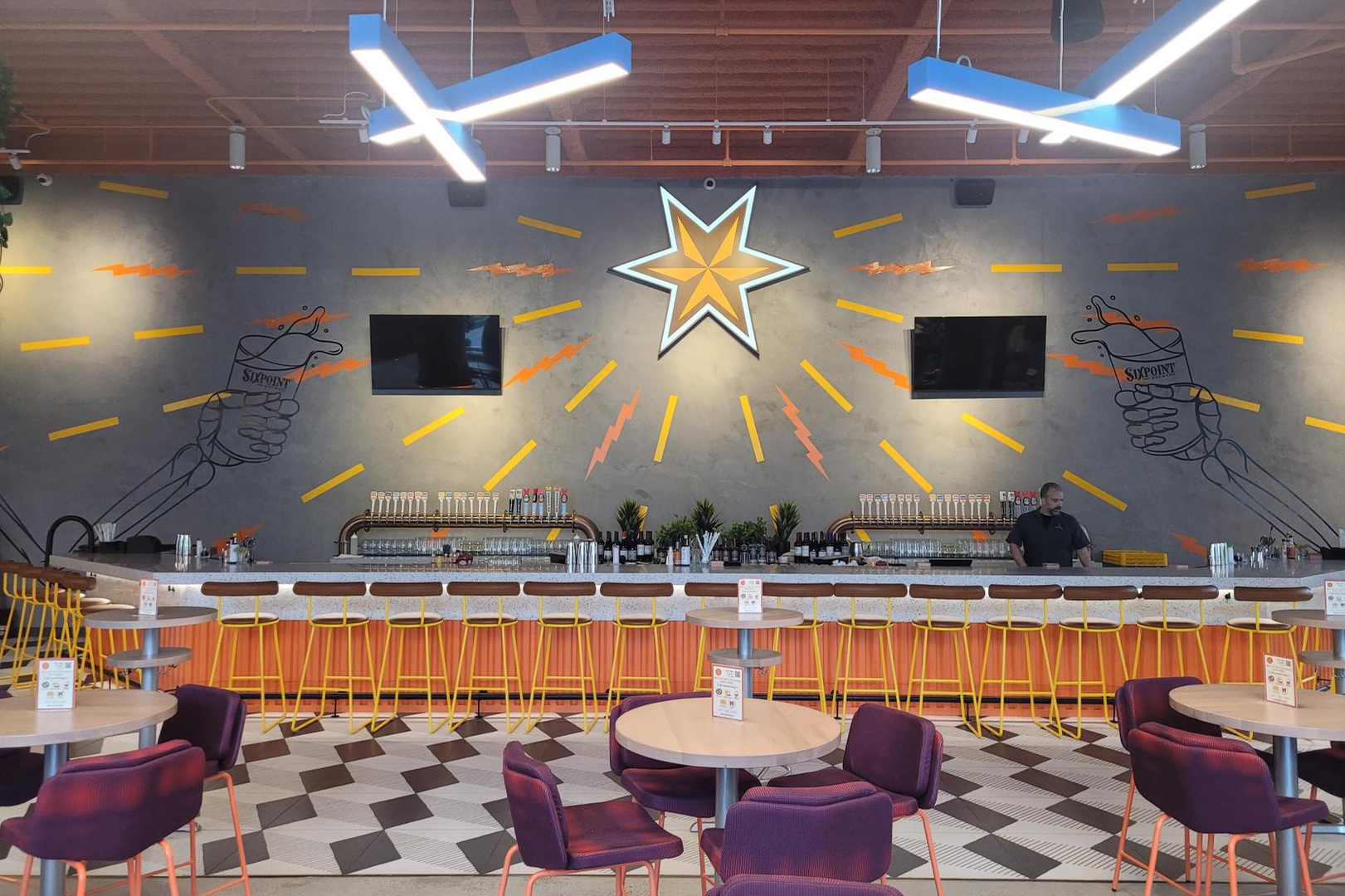
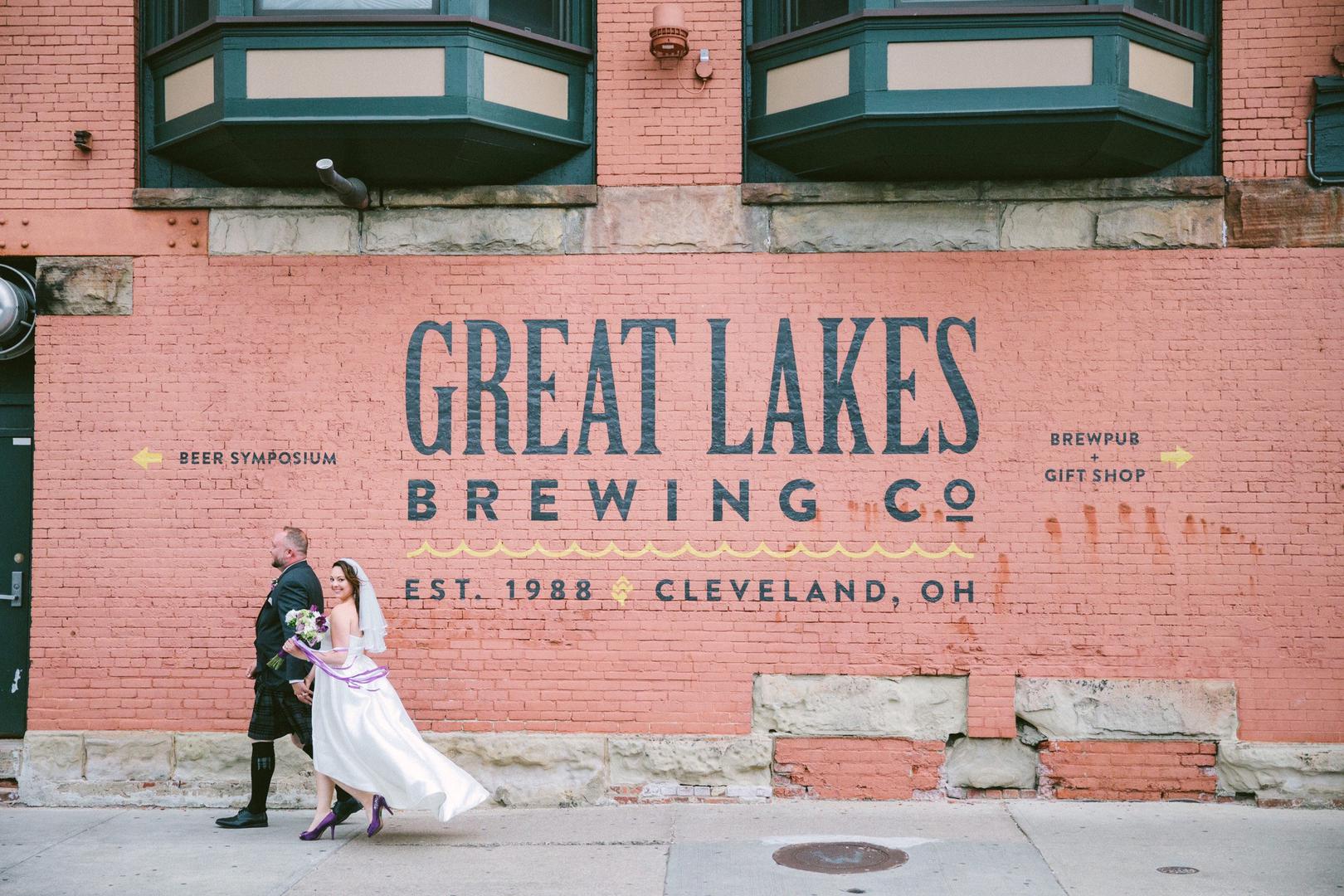
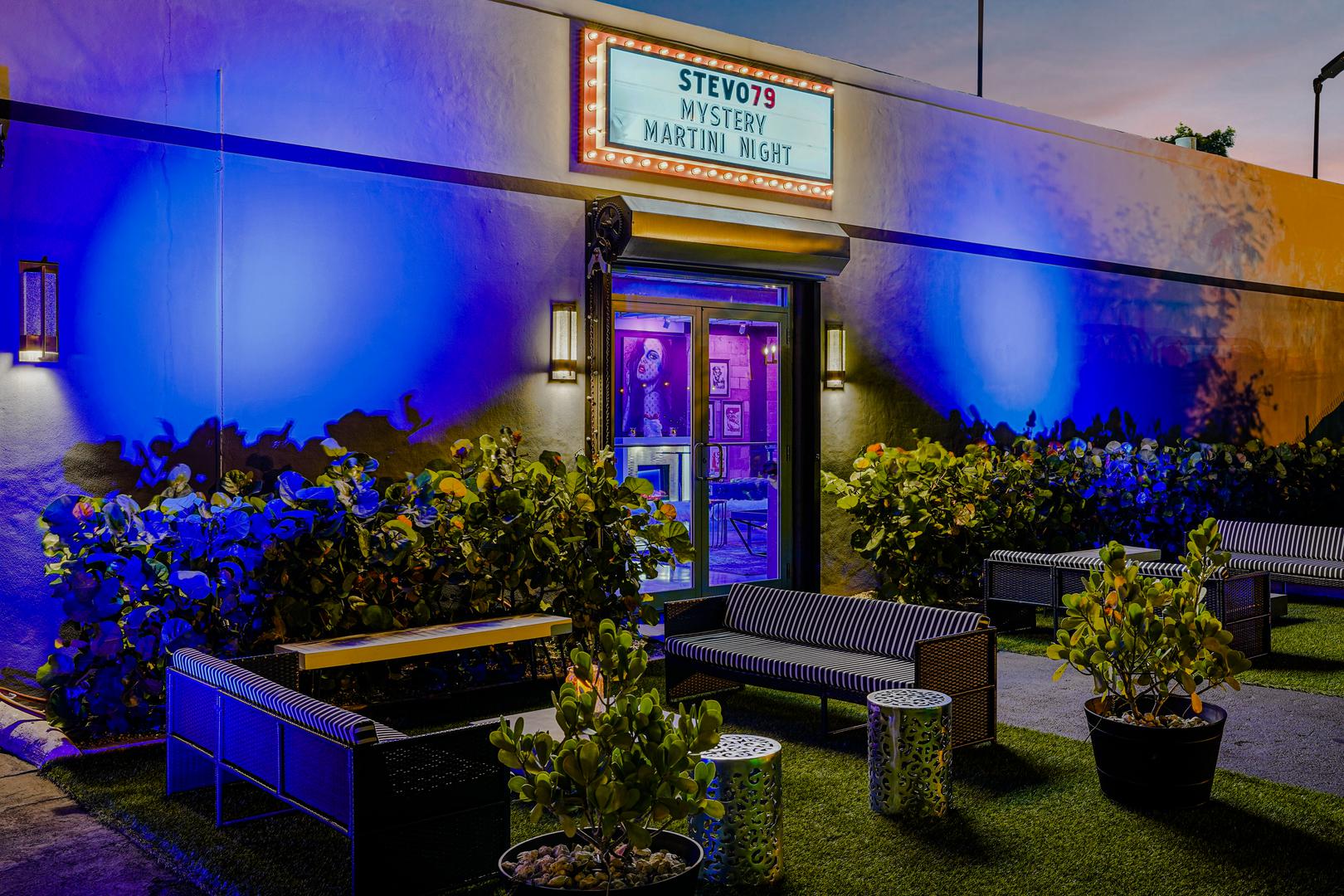
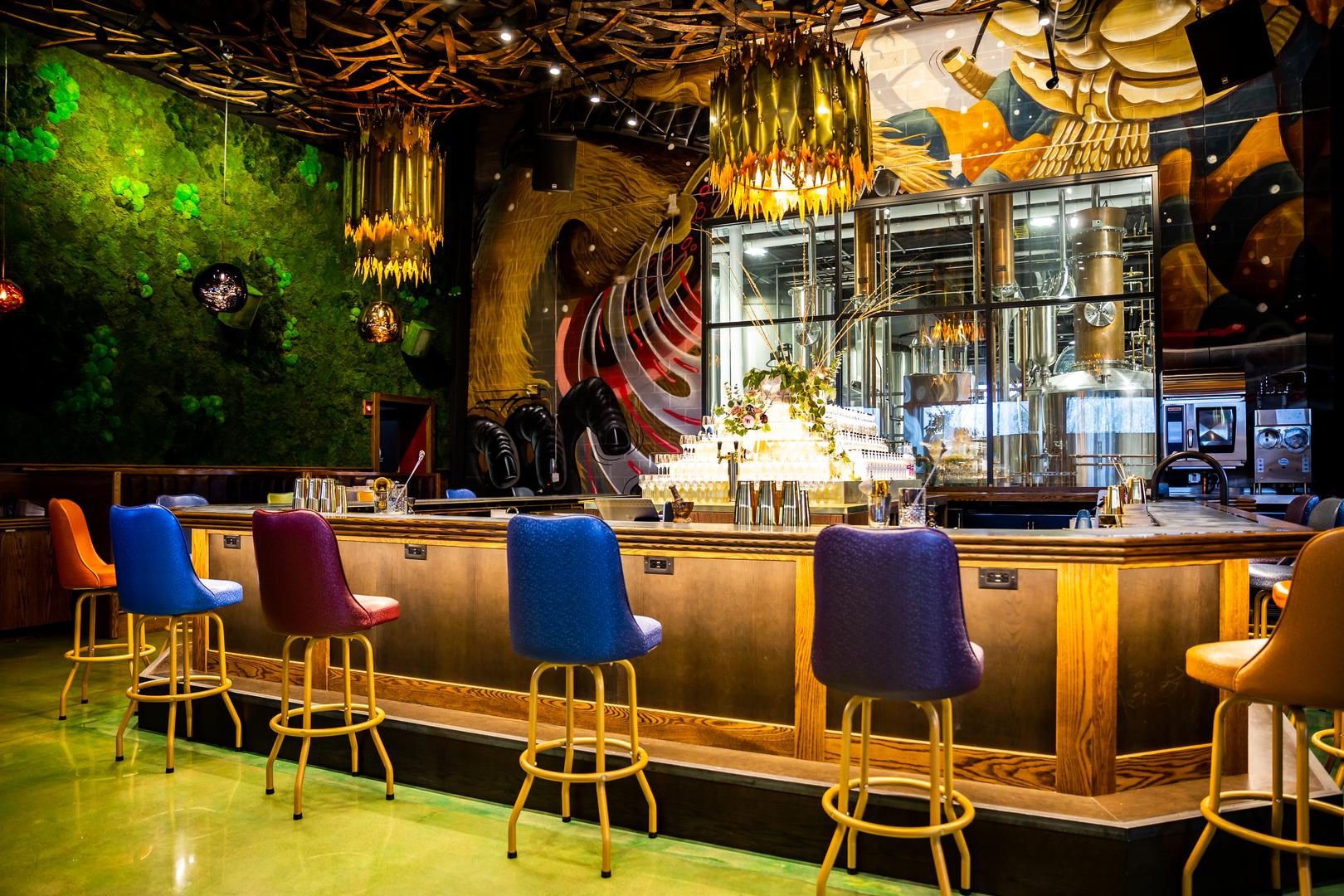
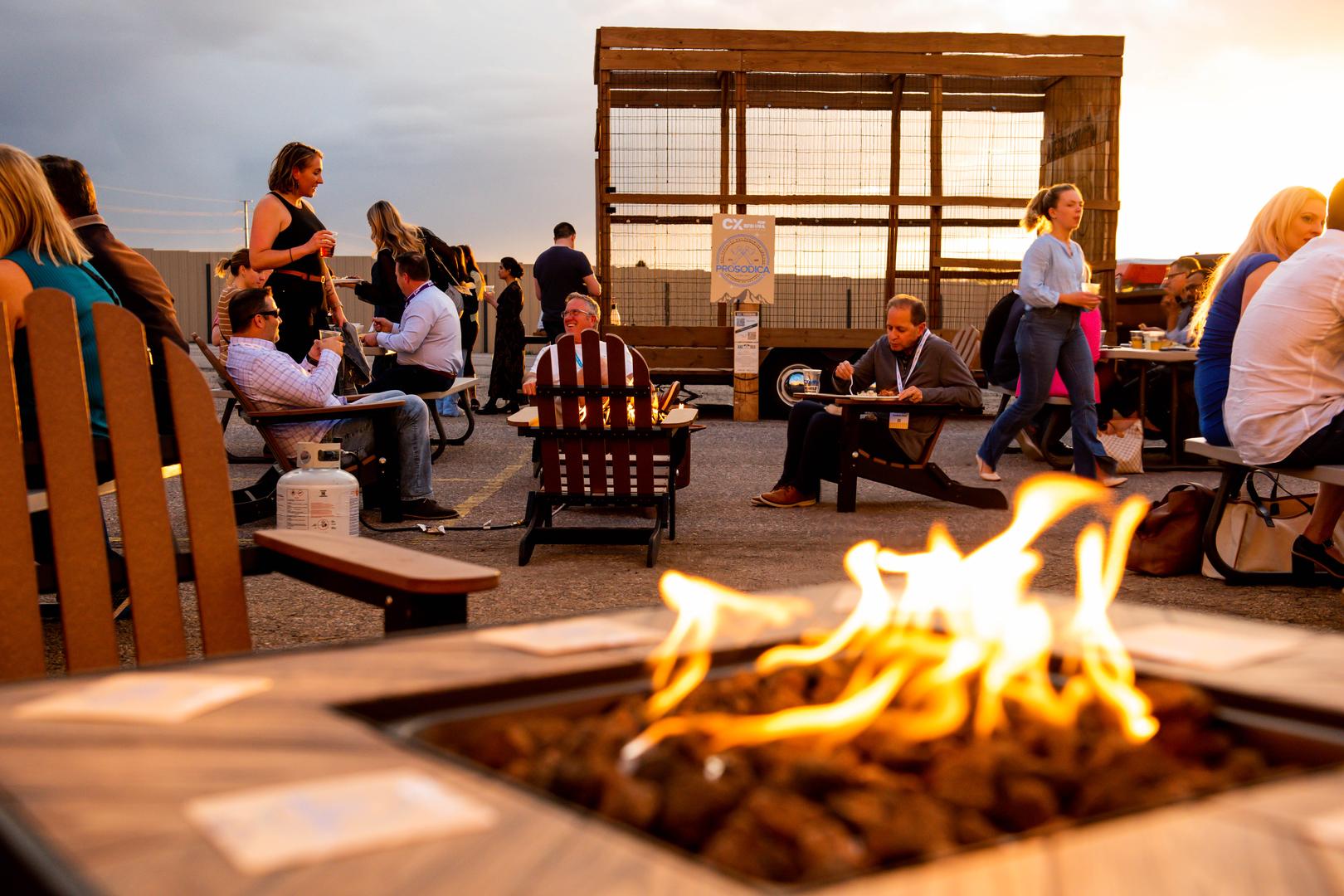
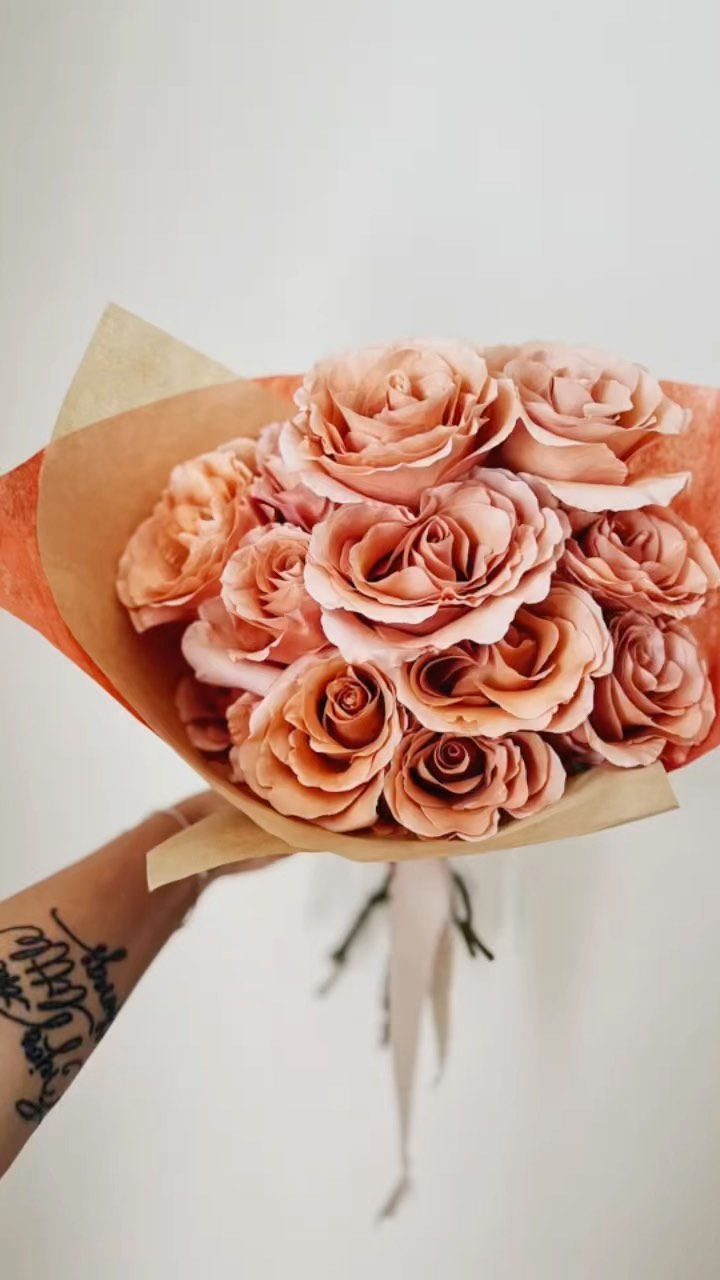
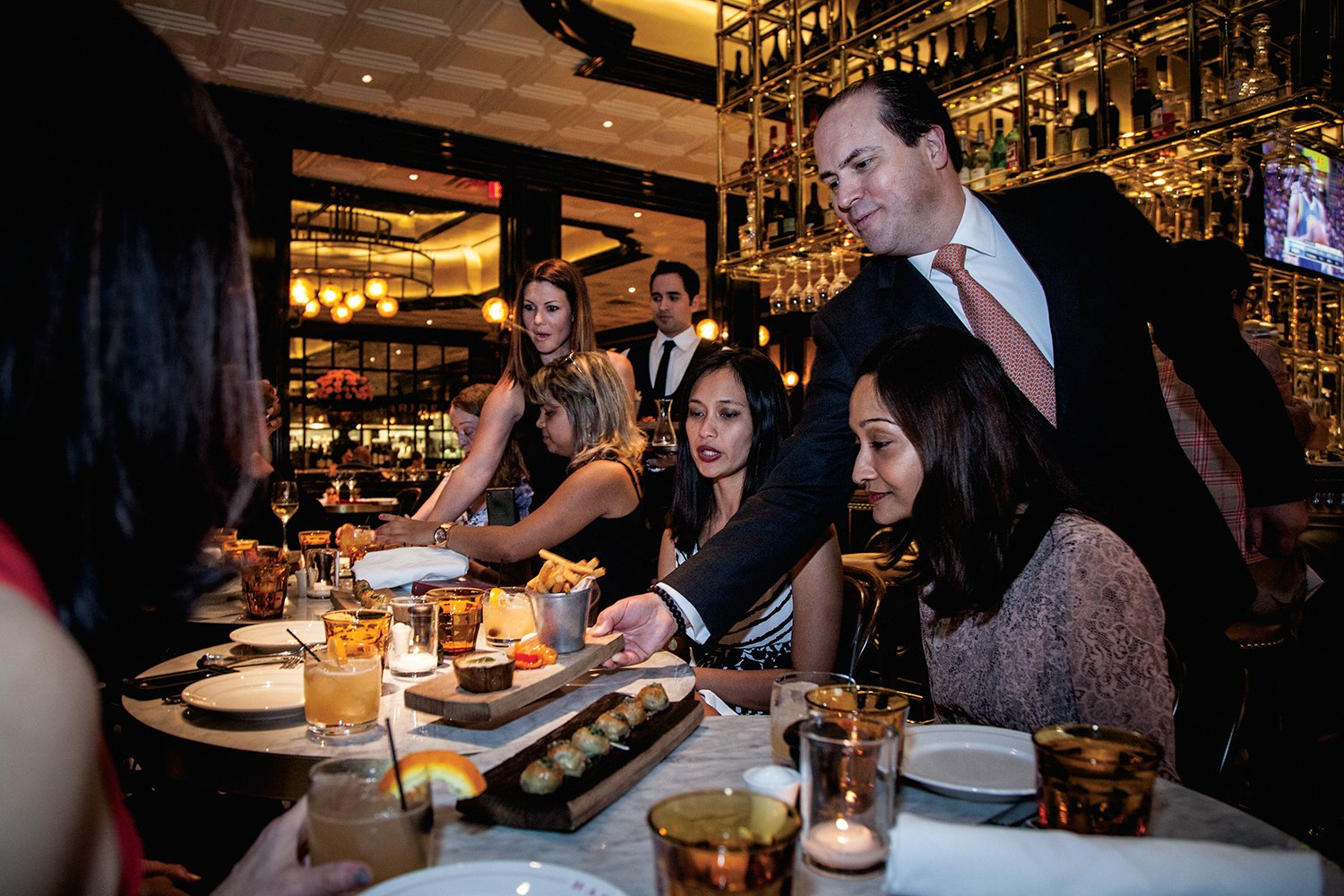
%20Where%20to%20Eat%20Near%20Willis%20Tower%20in%20Chicago.png)
